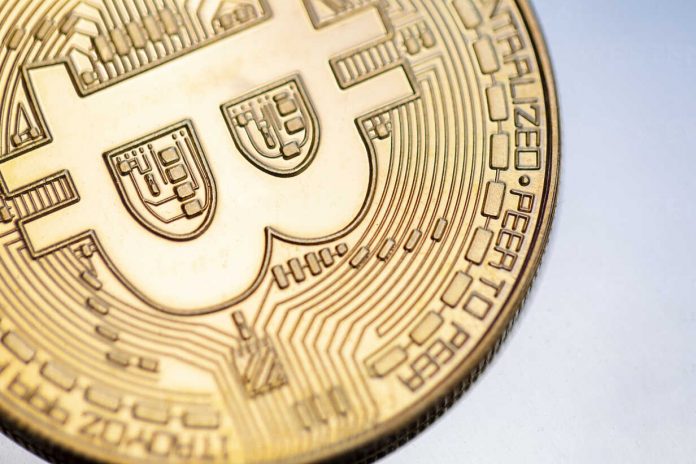As traders consider the 30 percent crypto tax, cryptocurrency trading volumes in India have plummeted even further across exchanges. Mobikwik, a popular payment service provider, has also stopped serving exchanges.
Cryptocurrency trading volume in India continues to slide after the government began taxing crypto income at 30% without allowing any loss offsets or deductions.
According to crypto research firm Crebaco, cryptocurrency trading volumes have fallen from last week across all major exchanges, Moneycontrol reported. Wazirx suffered a 72% drop in trading volume, Coindcx 52%, and Zebpay 59%.
In addition, MobiKwik reportedly withdrew its services across exchanges on April 1 amid unclear regulations. Mobikwik was one of the preferred methods of payment to purchase cryptocurrencies at exchanges.
A crypto exchange executive was quoted by the publication as saying:
Mobikwik did not give any specific reason for withdrawing its services. We were just told that they won’t be partnering with exchanges anymore.
Last week, the Nasdaq-listed crypto exchange Coinbase announced that it has fully launched in India and users could transfer funds to buy crypto using the Unified Payments Interface (UPI) system. However, the National Payments Corporation of India (NCPI), which created UPI, responded by stating that no crypto exchange is using the UPI system.
On July 1, another damaging tax will go into effect. Crypto transactions will be levied a 1% tax deducted at source (TDS). An Indian parliament member recently explained why this tax will kill the crypto industry.
Meanwhile, the Indian government is still working on a framework for crypto. Finance ministry officials are reportedly consulting with international organizations, including the International Monetary Fund (IMF) and the World Bank, as well as the Reserve Bank of India (RBI) and other domestic regulators.








